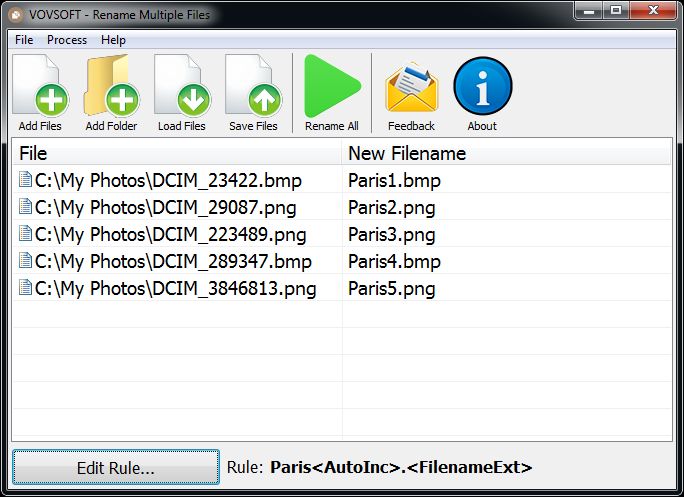

The rename command accepts perl expression to do the actual renaming.
#Mass rename files by date created install
To install rename on Arch Linux and Manjaro: To install rename on CentOS, Fedora, AlmaLinux, and Red Hat: To install rename on Ubuntu, Debian, and Linux Mint: Just in case it’s not already installed, you can use the appropriate command below to install it through your system’s package manager. Your Linux distro may already have rename installed by default. Check out some of the other methods below to see some more convenient options that require installation. However, as we’ve seen in these examples, it can be rather complex to do something simple like rename a few files. The advantage of this method is that we don’t need any extra Linux software – we just use the native mv utility, and sometimes coupled with ls, find, or xargs. $ for i in `ls *.txt` do mv "$i" "`echo $i | tr '' ''`" done txt in the present directory to have lowercase letters only, this command will do the job. This command will accept standard input from the ls command, then use xargs to append “_backup” to all files that end in the.

We can also use xargs to do the same thing.$ for i in $( ls *.txt ) do mv $i $_backup \ To remove a file extension from all files, you can use this command.txt file extension to all files in your present working directory. Take a look at some of the examples below to see some common uses with this method. Renaming multiple files with the mv command is easier if you know a little bit of Bash scripting.


 0 kommentar(er)
0 kommentar(er)
